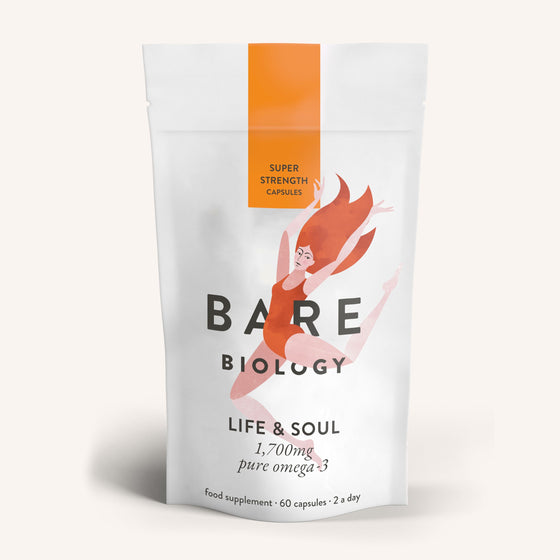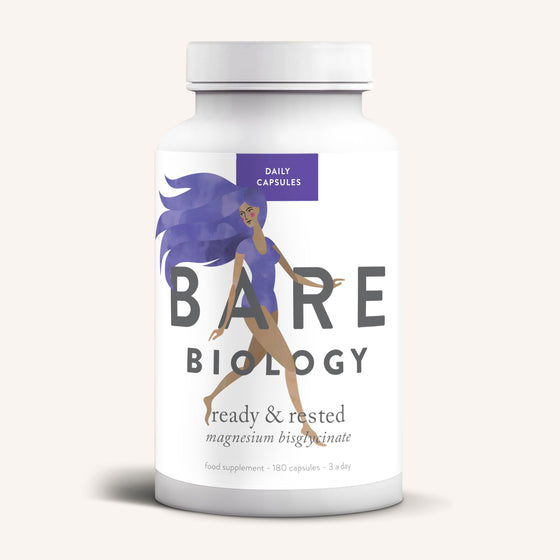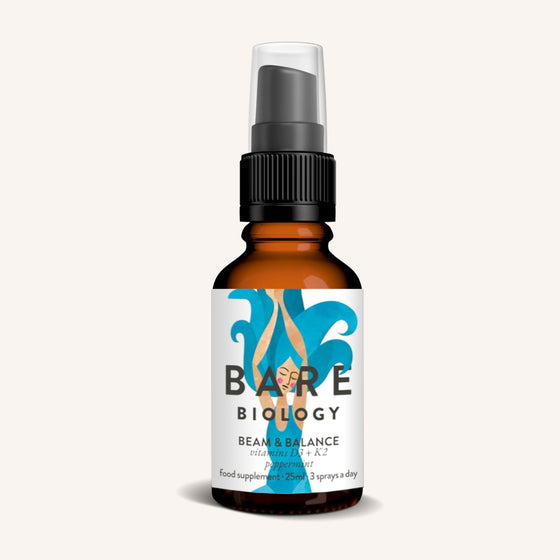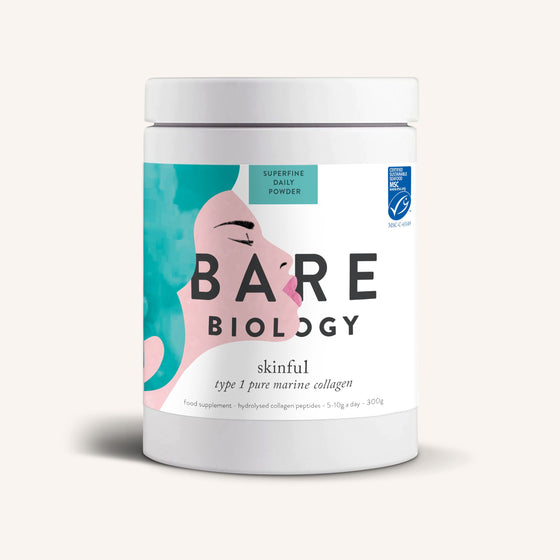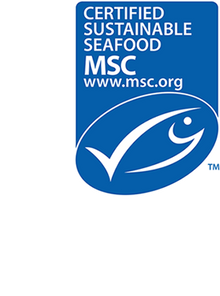Coming back home with your new baby in tow can be a thrilling but overwhelming experience. We’ve all been there; those dubious hospital meals that had you longing for a big supermarket shop suddenly seem like comfortable and convenient treats that you’ve now left behind. It’s totally natural to crave a quick coffee and a snack, but the first few months of motherhood are the best time to start eating right, particularly if you’re breastfeeding. Fortunately, nature is very forgiving and your baby will always benefit from your breast milk, but there are certain foods and drinks that can be passed on to a sensitive baby. Here is a quick guide on foods to eat and avoid for healthy mummy and baby tums.
A growing baby needs a lot of DHA, with the brain increasing around 30 times from around 24 weeks.
1) Try to eat as regularly as you can. A full day’s worth of breastfeeding uses the same amount of metabolic energy as a seven-mile walk, so stock your cupboards with healthy snacks to keep your energy and blood sugar levels ticking along nicely. We recommend natural yogurt, seeds, nuts, dried fruit and coconut – which you incidentally chuck together to make a blimmin’ great breakfast!
2) Oily fish or omega-3 supplements aid the beneficial action of vitamin D and some B vitamins and are a great source of DHA. DHA can be passed over to your baby for cognitive development, and protect your own mental health while your hormones are flying all over the place. A growing baby needs a lot of DHA, with the brain increasing around 30 times from around 24 weeks gestation to about 2 years of age. The good news is that the body prioritises DHA during pregnancy and post birth to improve your breast milk, so try incorporating small oily fish into your diet every week like sardines, anchovies and mackerel to feel the benefits, or get your hands on high-strength capsules without any nasties.
3) Cut down on the caffeine. Even tiny amounts of coffee can have an effect on your baby’s sleeping patterns. If that wasn’t a big enough deterrent to brave a coffee-free morning, caffeine has also been found to raise your primary stress hormone cortisol, increasing anxiety and stress levels – which is the last thing you need.
4) Resist your favourite sugary snacks; easy for us to say, right? Sugar can quickly cause little tummies to become gassy, and your mood swings will be worse. Take the edge off by switching to a few alternative sweet foods, like fresh fruit (smoothies are great), sweet potatoes, almonds and coconut.
5) Need an energy boost but don’t have the time to cook up a full spread? Pack loads of easy-to-cook carbs into your meals like lentils, beans and chickpeas. Try an anchovy and green lentil stew with eggs, garlic and onion, or sardines with chickpeas, tomatoes, lemon and parsley - yum!
6) Drinking alcohol after pregnancy is a controversial subject, but the occasional drink is unlikely to harm your baby’s development, according to the NHS. It’s widely recommended that breastfeeding mothers should stick to less than one or two units just once or twice a week and try to limit these glasses to the evenings when you’re done breastfeeding for the day to limit the amount in your breast milk.
7) Don’t worry about shedding any baby weight by cutting the calories. That’ll just make the first few months of your new chapter twice as exhausting. You’ll lose weight naturally if you just eat a wholesome balanced diet that is rich in fresh fruits, vegetables and lean protein.
8) Have a lovely protein-filled or carbolicious breakfast when you can, washed down with a very berry smoothie – slow release carbs, like quinoa or porridge are great to maintain a morning perk until snack time.
9) Some babies are sensitive to protein in cow’s milk. If your baby develops symptoms like bloating, wheezing, eczema, a rash, or constipation, talk to your GP. If there’s a possibility that your baby is lactose intolerant, try cutting out dairy products altogether or switching to alternatives, like soy milk, for a week to see if it makes a difference.
10) Drink plenty of water – around eight medium (200ml) glasses of fluid a day - to avoid dehydration, especially if you’re breastfeeding exclusively. Remember to include any hot and cold drinks when calculating your daily allowance. Despite all the vitamins that make breast milk great for your baby, it’s actually almost 90% water, so when you’re feeding everyday these fluids are quickly lost.
